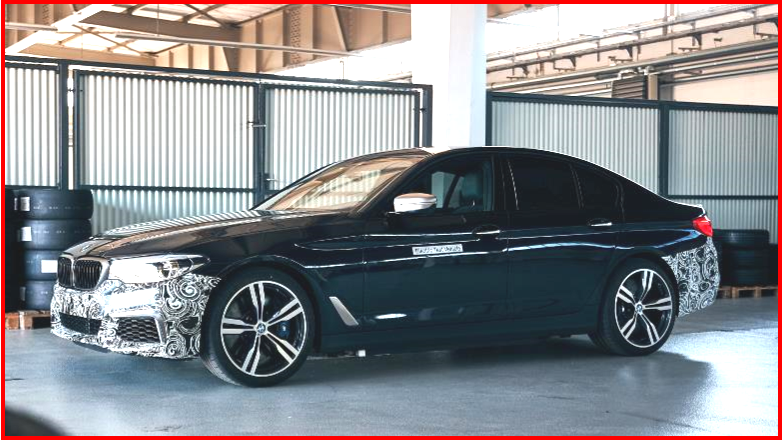
Brand attributes versus regulation requirements that are brand neutral and universal are the territory the marketing wars will be conducted over on selling EVs.
The BMW Group trial vehicle “Power BEV” presented during #NEXTGen explores what is technically and politically possible under current and proposed emissions regulations. The electric car has “fifth-generation electric drive units” with a maximum system output of the three motors of ~ 530 kW/720 hp. This enables it to accelerate from 0 to 100 km/h (62 mph) in under three seconds.
In a brand defensive move – increasingly difficult with regulation spec vehicles – chassis and powertrain engineers worked to maximize the car’s performance. Key to its dynamic attributes is that the two electric motors at the rear axle are controlled separately. This allows so-called e-torque vectoring, which enables maximum drive power to be translated into forward propulsion even in extreme driving maneuvers, it’s claimed. Another aspect of this how much individual brand quirks will be transferred to an autonomous vehicle since they likely will have more than one non-brand-fan driver?
The ideal result – which awaits actual road test verification – is more effective and precise than with a limited slip differential, because actively targeted inputs are possible in any driving situation. A limited slip differential of course always reacts to a difference in rotation speed between the driven wheels.
The fifth-generation drive units bring together electric motor and the needed power electronics and a power take-off within a single housing. One is mounted at the front axle and two (a double drive unit) at the rear axle. An electric motor of this type will make its series production debut in the BMW iX3. The iX3 will only have one motor, though, rather than three.
A current BMW 5 Series production model serves as the donor car for the Power BEV. Integrating a drive system of this type into a production was achieved with no restriction in passenger compartment space. This makes it far easier to assess this drive concept alongside alternatives, or so BMW claims.


Pingback: Marketing by Regulation – Are Hybrid Electric Vans a Practical Solution for Cleaner Air in European Cities? | AutoInformed